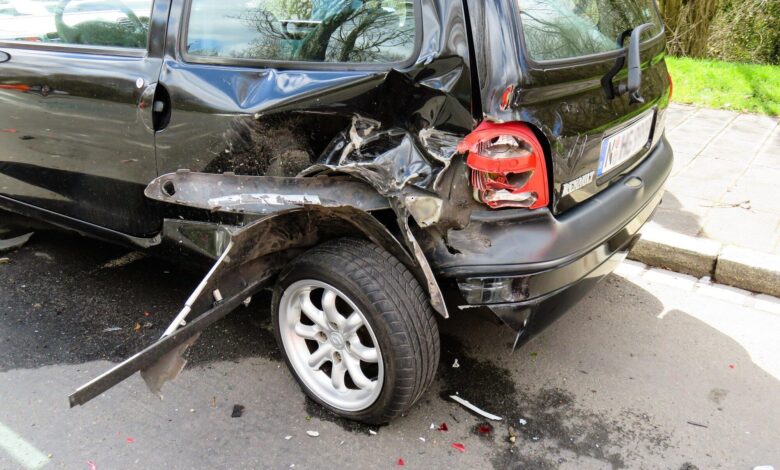Top 4 Factors That Affect Low-Impact Car Accident Settlements

Low-impact car accident settlements can be tricky to navigate. Even if the damage may seem minimal, you could still be entitled to compensation. Understanding how settlements work can help ensure you get a fair outcome.
In some cases, the severity of the injuries might not match the damage to the vehicle. However, your medical records and other factors play a significant role. It’s important to know what to expect during negotiations.
In this guide, we will discuss the top 4 factors that affect low-impact car accident settlements.
1. The Severity of Injuries Sustained in the Accident
The severity of injuries plays a big role in settling a car accident claim. Minor injuries can mean lower payouts for victims. In contrast, serious injuries often lead to more substantial settlements.
Insurance companies look closely at medical records. They want to see proof of injury severity. Injuries that require long-term treatment or surgery can significantly increase the value of a claim.
If injuries are minor, the minimum settlement for car accident claims may apply. This, however, can vary based on other circumstances. So, it’s important to document every aspect of the injuries sustained.
2. The Quality and Strength of Medical Documentation Supporting the Claim
Good medical documentation is key to your case. It can show how your injuries affect your everyday activities. Strong records help ensure proper car accident settlement payouts.
Accurate and detailed records from your healthcare providers are very important. These records should list all treatments and tests related to the accident. A skilled accident lawyer can help gather this important information.
Weak or incomplete records can hurt your case. Insurance adjusters might question the legitimacy of your claim. Read more about car accident settlements to understand why clear documentation matters.
3. The Extent of Property Damage, Even if Minimal
Even minor property damage can influence settlement amounts. Adjusters use vehicle damage to assess liability. High repair costs might indicate a serious impact, affecting the negotiation.
While low-impact accidents may seem less damaging, details matter. A well-documented property damage assessment strengthens your case. Ensuring that photos and repair estimates are recorded is always smart.
In some cases, minimal property damage can lead to lower settlement offers. However, this does not mean you do not deserve compensation. Judges and juries may still award a fair amount despite limited damages.
4. The Degree of Fault Assigned to Each Party Involved in the Accident
Fault determination can deeply affect your overall settlement. Each party’s level of responsibility can change how much you receive. If you hold some fault, your settlement may decrease.
Having a defendant lawyer for a car accident can clarify fault issues. They can gather evidence to support your claim. This might include witness statements and police reports.
In many cases, insurance companies will negotiate based on fault percentages. This means that a low impact does not guarantee a low payout. Your strategy for handling faults is critical in settlements.
Navigating the Path to a Successful Low-Impact Car Accident Settlement
Navigating a low-impact car accident settlement can be challenging, but understanding key factors can make a difference. Injuries, medical documentation, property damage, and faults all play a role in the final settlement. Knowing how these elements affect your claim can help you secure the compensation you deserve.
Even if the damage seems minimal, a fair settlement is still possible. Make sure to gather proper documentation and understand the process to improve your chances of success.
Did this article help you? Browse our blog for more interesting topics.



